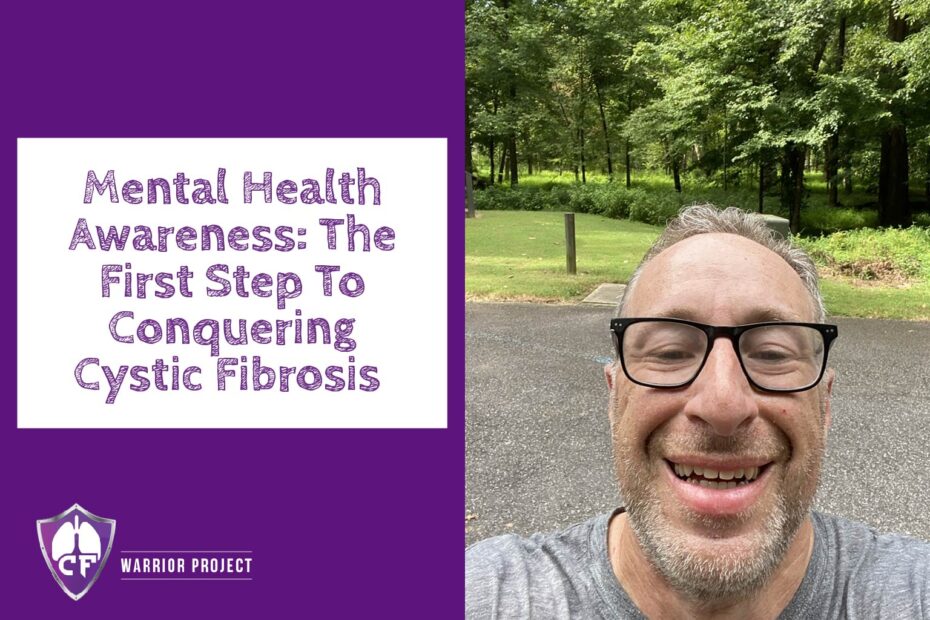When I was a young, naïve boy, I thought having cystic fibrosis was normal.
As I coughed more than my friends, read dubious articles about CF and administered treatment routines that none of my friends had to do, I realized the disease was much more severe and a lifetime of depression and anxiety soon ensued.
Those of us with cystic fibrosis should not have to spend our lives worrying about the disease; however, it’s hard not to be reminded of its ramifications when we do daily treatments, see doctors more often than most and watch those who share the same condition lose their lives at a very young age.
It’s very rare if ever that you see someone with cystic fibrosis die from natural causes. In just the last month, I’ve lost three friends to the disease – two of which were in their late twenties and one in her early fifties. The disease has taken so many people in my life including my sister after only 16 days, people I’ve interviewed and written about, and people I have befriended over social media.
The sad reality is that up till now when those of us with cystic fibrosis die, it’s almost always from the same disease we’ve battled our entire lives. We don’t just die “with” cystic fibrosis; we also die “from” it. That fact alone has triggered my anxiety over the years.
Still, my advice is not to let cystic fibrosis destroy your life. The biggest roadblock to getting there at least for me is dealing with mental health issues specifically anxiety and depression. I’ve spent hours, days, weeks, months and years fighting my demons. I’ve struggled with suicidal thoughts, been admitted to an outpatient mental health facility and joined various support groups and worked with multiple psychologists and a psychiatrist.
Here are five methods I’ve found that have helped with my depression and anxiety:
- Talk to someone. Whether it’s a loved one, a friend or a professional therapist, talking aloud about your problems can be therapeutic. Important note: Not everyone will be able to empathize with your concerns/needs. Seeking help with your mental health does not reflect weakness. On the contrary, it demonstrates enormous strength.
- Journal about your life – both the good and the bad. Sometimes writing your concerns down can lead to solutions.
- Find things that keep your mind off CF and on things that make you happy. For me, spending time with my family, exercising and writing have been positive distractions when my anxiety is triggered.
- See each day as an opportunity to find something that inspires you. Maybe that’s doing something charitable to help others. Maybe that’s setting goals and trying to achieve them. Maybe it’s traveling to places you’ve never been.
- Be lenient on yourself. Mistakes happen. A bad day today does not guarantee a bad day tomorrow. Experience sadness or anger but don’t let it linger beyond a day or two.
Cystic fibrosis is a difficult disease to manage but learning how to cope with your mental health is the first step to doing so.
Live your dreams and love your life.
Best Wishes,
Andy
